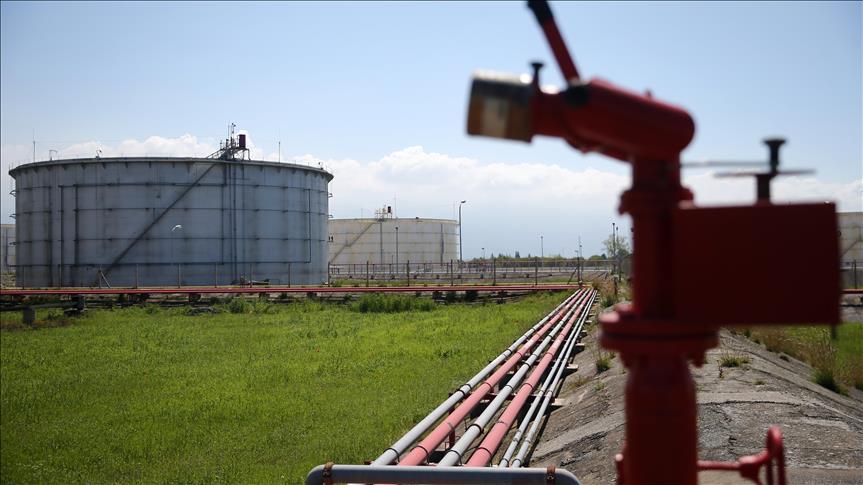Oil prices decreased on Wednesday over concern that the stimulus plan announced in China will be insufficient to support the economy and recession fears in the US.
International benchmark Brent crude decreased by 0.40% to $74.17 per barrel at 10.47 a.m. local time (0747 GMT), down from the previous session’s close of $74.47.
US benchmark West Texas Intermediate (WTI) fell by 0.52% to $71.19 per barrel after closing at $71.56 in the prior session.
The People’s Bank of China announced Tuesday measures to stimulate the economy in the world’s largest crude oil importer. However, concerns that these incentives might not be enough to stir economic movement in the country puts downward pressure on prices by fueling uncertainty in the market.
Meanwhile, data released in the US increased worry of a recession in the world’s largest oil-consuming country and reduced the demand appetite among market players which supported the downward movement of oil prices.
According to the data released in the country on Tuesday, the Conference Board Consumer Confidence Index decreased by 6.9 points month-on-month to 98.7 in September, below market expectations.
The decline in consumer confidence in September due to concerns about the labor market was the largest decline recorded since August 2021.
Moreover, the US Richmond Fed Manufacturing Index for September was minus 21, below estimates, while the S&P CoreLogic Case-Shiller US National Home Price Index rose 5% year-on-year in July. The index pointed out a slowdown in the rate of increase in housing prices despite the record renewal in this period.
On the other hand, uncertainty surrounding the US Federal Bank’s (Fed) next moves on interest rates limited further price decline.
While the expectation that the Fed will cut by 75 basis points by the end of the year remains strong, estimates that the bank might slash interest rates by 50 basis points in November have been recorded as 59%.
It is anticipated that the country’s rate drop will weaken the US dollar against other currencies, boosting oil demand.

